
Cellar & Basement Conversion Ideas
Almost all houses in London have cellars that are not used in the right way. Traditionally, basements are dark and damp areas that cannot be used as storage or living space. That is the main reason why some people consider their existing cellar absolutely unfit for storage space, living room, home office, games room, home bar, bathroom, kitchen and other types of rooms. But what if you really need extra living space and moving to a new house is not an option?
Today, a great number of house owners in London choose to do basement conversions to turn their useless cellars into extra space. This type of project requires planning permission and has to meet building regulations. This needs to be done to ensure the development is safe and energy efficient.
Basement conversions are a good alternative to moving out. There are many ways to turn a basement into a living space.
The most interesting ideas for cellar conversion include
This list could go on and on. Explore all of your options carefully and pick a basement cellar conversion that is more to your liking. Realise these basement ideas to get the most of ground floor. Let’s dig deeper to get the expert ideas and try to figure out why this type of small cellar conversion is gaining so much popularity.
1. Turning a Basement into a Home Gym
Physical activity is extremely important for staying fit and healthy. However, most people lead busy lives. It can be hard for them to find enough time to go to a gym. Home gyms have many great benefits. If you do not like the idea of sharing equipment with other people, building a home gym is a great option. You will set your own rules and exercise any time you want. Think well what types of exercises you are planning to do and choose the right equipment for your gym.
2. Family Time with a Home Cinema
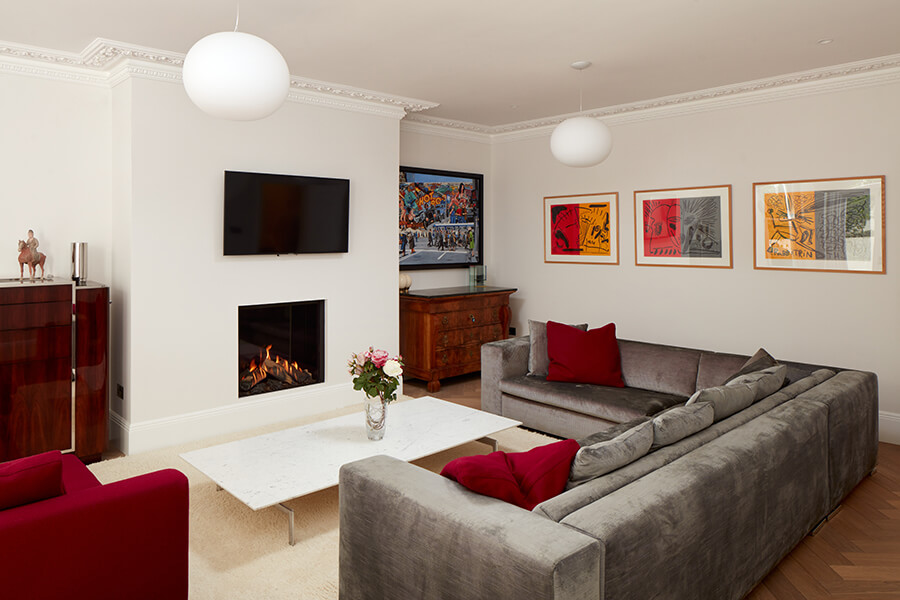
Do you want to convert your basement space into a cosy home cinema? With this type of basement room, you will have a wonderful opportunity to get together after a long working day and watch interesting movies in a warm and welcoming atmosphere. A home cinema in your basement will also add value to your home.
3. Converting Basement Into a Nice Guest Room
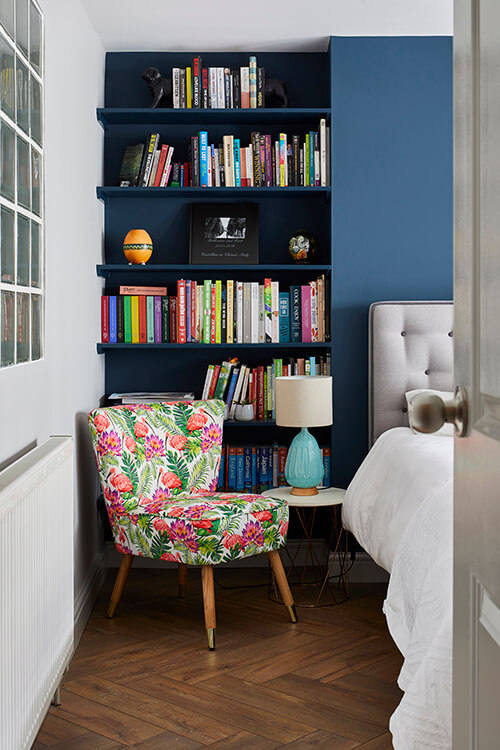
If you really want your guests to feel comfortable in the house, you should provide them with their own space where they will be able to relax at night. Unfortunately, not every property has enough space that can be used for that purpose. But if you have a basement and still do not know how to use it, think about turning it into a living room for guests. Think well what your guests might need. Make a project and try to realise it in the best possible way.
4. Creating a Beautiful Basement Garden
Do you want to turn your cellar into garden space? Why not? With a garden on basement level, you will be able to enjoy fabulous flowers as well as fresh vegetables all year round. A dark and empty basement can be easily turned into a verdant oasis. All you need to do to achieve the desired effect with this basement construction method is to choose the right plants, pots and materials for making the garden.
5. Turning a Cellar Into a Swimming Pool

The UK Swimming Industry Report shows that 27 swimming pool sites closed over the last 12 months in UK. Some people simply do not have time to attend swimming pool sites. Turning a cellar into a pool is one of the most extravagant basement conversion ideas. It is a good option for people who have limited outdoor space, but want to have a pool on a property no matter what. However, you should keep in mind that building a basement swimming pool can be very challenging. There are a lot of important things to consider for this type of work. You should find a professional who will help you realise this dream.
6. Building a Utility Room in Your Basement
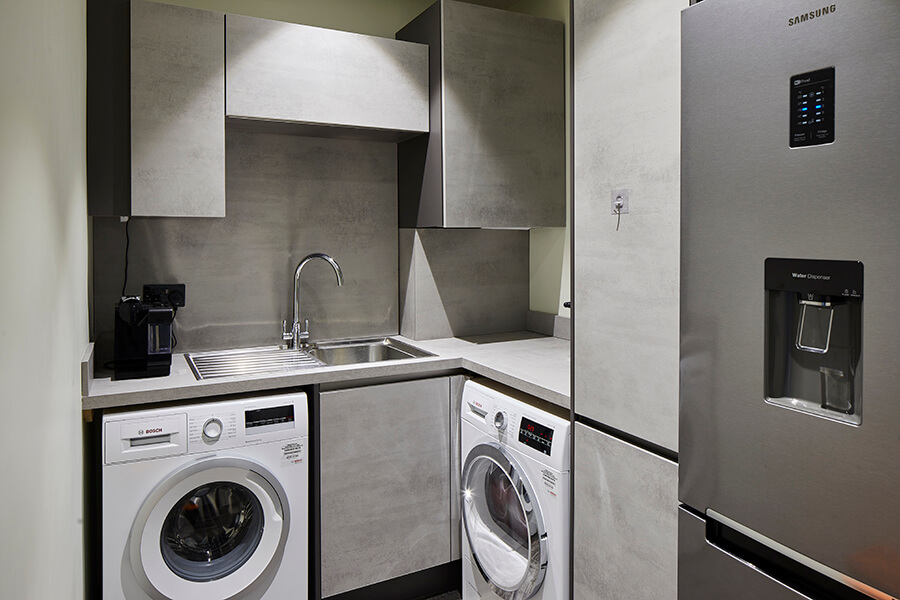
A basement extension is a popular type of basement extension in North London that can become a perfect place for a utility room. It would be really great to have a place separated from the rest of the house. First and foremost, you should make a plan. Consider every detail in order to make the basement conversion comfortable and functional. How many washing machines and tumble driers do you want to have in the room? Do not forget about heating, drainage as well as ventilation. Keep in mind that such a room does not have to be beautiful, but it must be easy to use for all members of your family.
7. Transform Your Basement into a Bar
Do you want to have a quiet and private place in your property? Basements can be turned into home bars. This is the place where you will be able to relax enjoying a glass of fragrant wine or other drink. Your basement bar can look like kitchen diner space. A refrigerator and a sink will be useful here. Some storage compartments and wine cellars can be added to ground floor area as well. This will help you create a functional place with a friendly and inviting atmosphere.
8. Make a Playroom in Your Basement
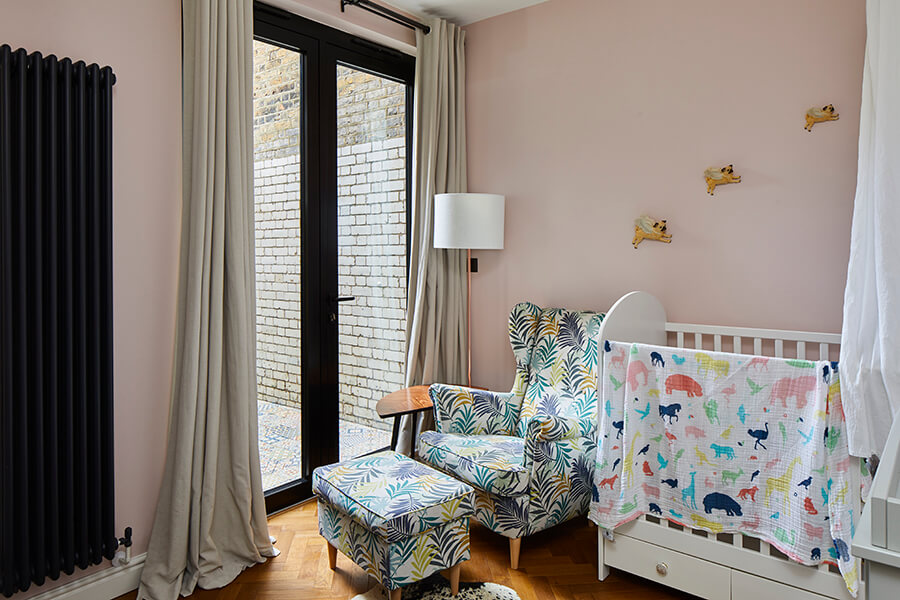
A growing family is one of the reasons to consider basement conversions. Families with kids know how difficult it can be to find enough space to store toys and other stuff. But there is no need to worry if you have a basement. You can easily turn basement floor into a playroom where all the toys will be kept. Creating rooms like this is a great way to provide your children with their own space. Plus, you will have more space for yourself. If your playroom lacks natural light, you can install windows in basement. Also, you can take advantage of loft conversion to build a playroom. A playroom in a loft will have more natural light.
9. Turning Your Cellar Into a Spa Room
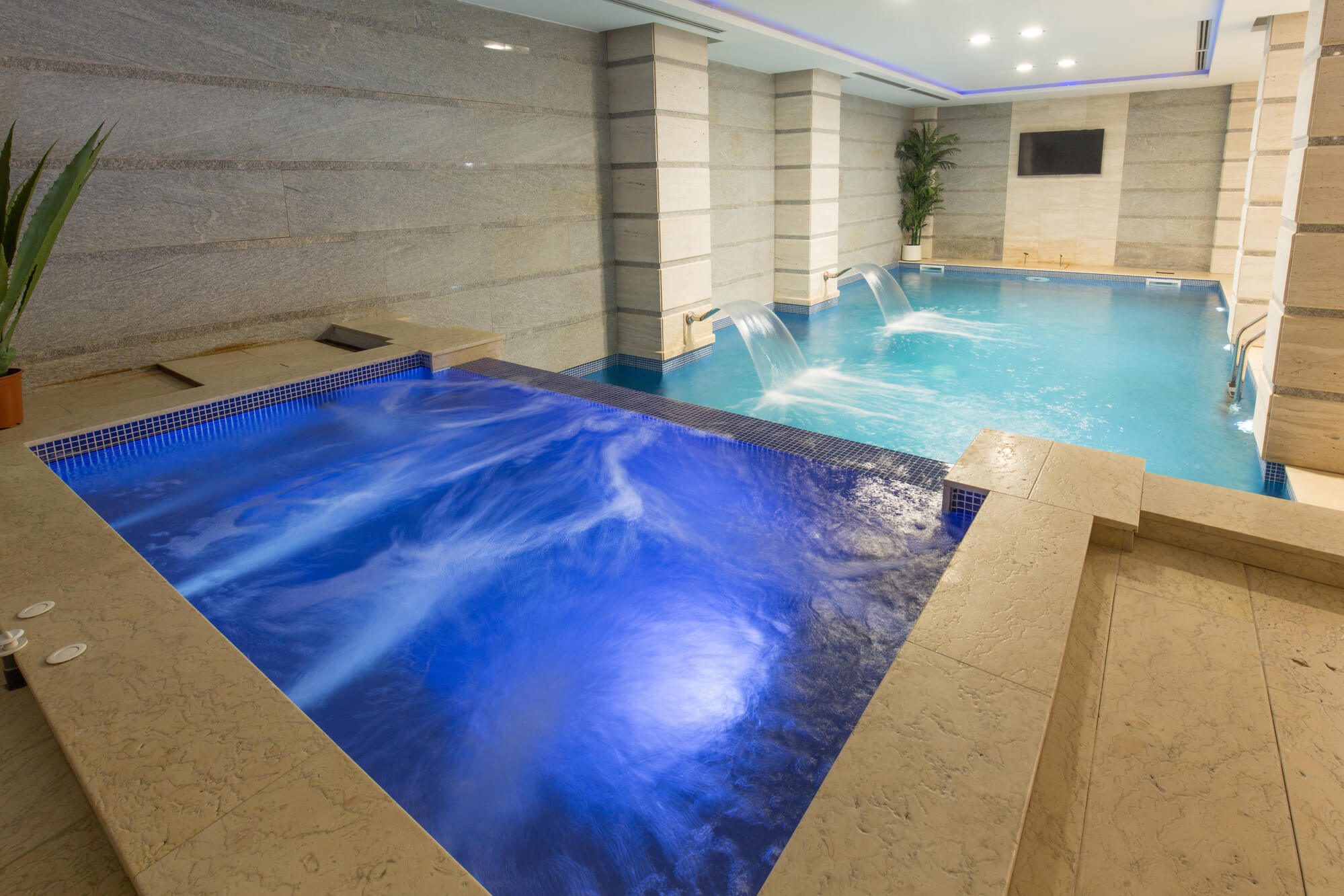
According to the statistics provided by Global Wellness Institute, more than 149,000 spas operate all over the world and the global spa sector constantly grows today. Basement conversions can turn into different types of rooms including a spa room. Why would you spend much time and money going to the spa if you can have it at home? However, there are a lot of things to consider before getting started with this type of basement conversion. You need to provide proper ventilation in your basement spa. Otherwise, mould and mildew will be very hard to avoid. You should seek professional help in order to build a properly functioning spa room.
10. Create a Music Studio in Your Basement
If music is an essential part of your life, turning your cellar into a music studio would be a really smart idea. You may think that building a music studio is very expensive. However, it does not have to be like that. You just need to ask a specialist about basement conversion cost ahead of time. Make sure that your basement has no damp issues. Playing music in a damp basement can be dangerous for people and musical instruments.
This list could go on and on. Explore all of your basement renovation design ideas carefully and pick a basement cellar conversion that is more to your liking...
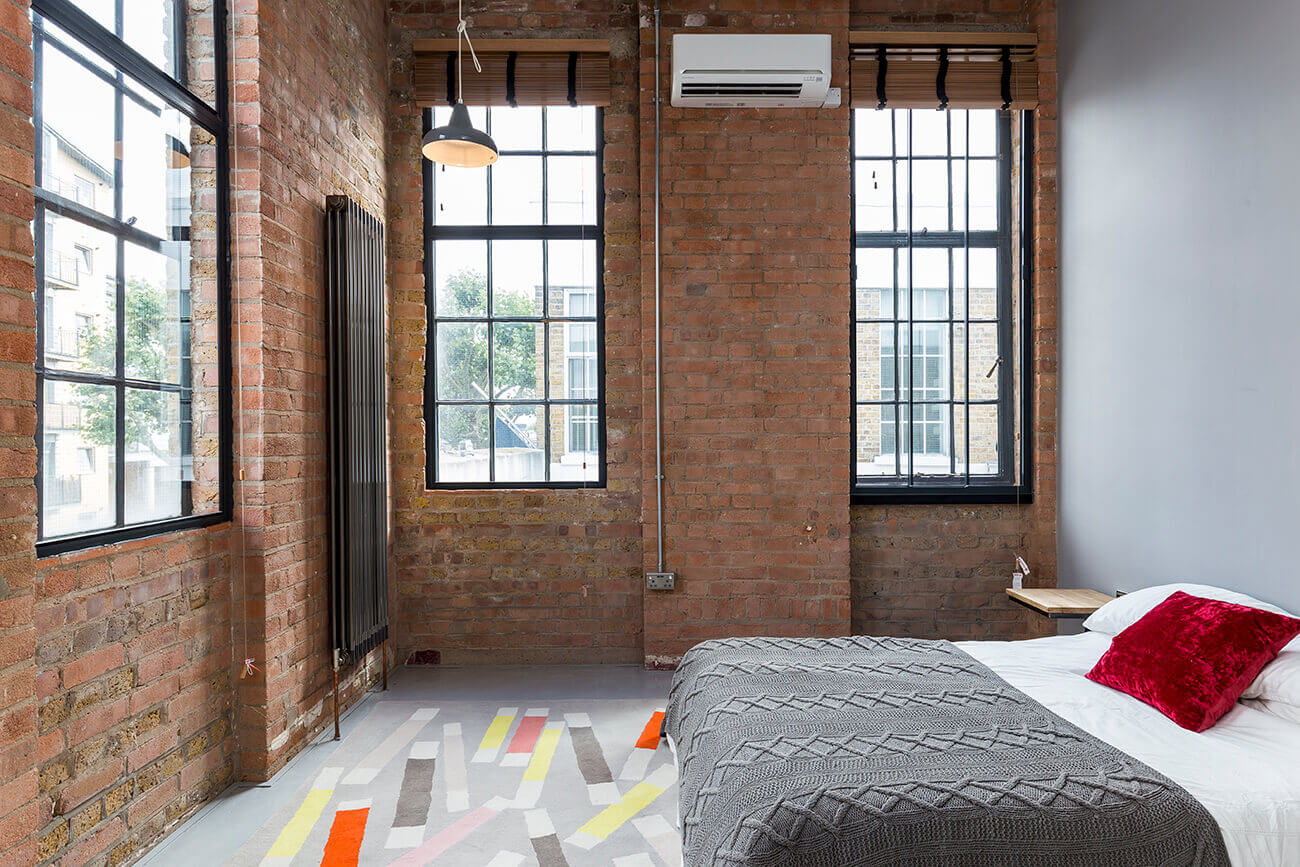
Make Your Basement Conversion Dreams a Reality
Are you planning to convert your basement in the nearest future? Hopefully, the above-mentioned tips will help you get inspired and realise your dream project successfully. Contact professional builders today to discuss your basement design and construction needs!
Clara Annesley
Clara Annesley is an interior design and construction content writer. She holds a BSc (Hons) in Architectural Design Technology from the University of West London. Clara specialises in residential construction for topics like health & safety, architectural design and writing cost guides for renovation and remodelling projects.